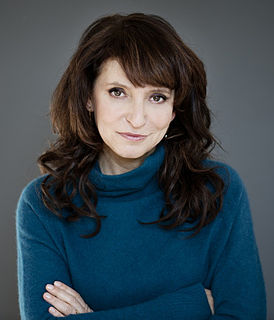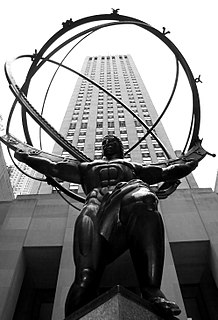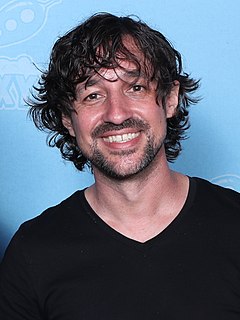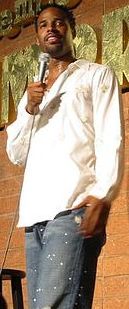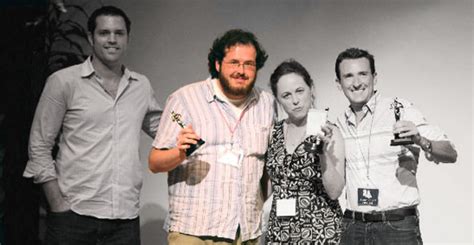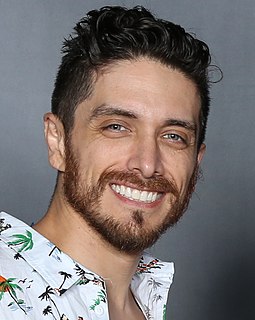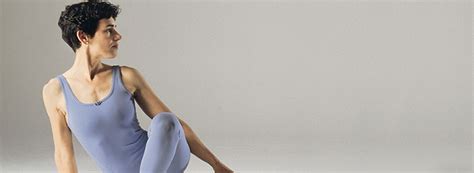A Quote by Susanne Bier
In a way, the whole notion of a blueprint of a building is not that different from a script for a movie. A sequence of spaces, which is what you do as an architect, is really the same as a sequence of scenes.
Related Quotes
Whenever I'm doing any film, there's always three different things. There's the script, which is really just a blueprint. And then, you shoot the movie and it's an entirely different experience than you would expect from reading the script. And then, there's the whole post process and the editing, and it becomes something else entirely.
Fight sequence to me isn't just about the athleticism. It so often is about what the emotion that is behind it and how willing you are to really, really challenge that emotion or really take that emotion to that place so you're feeling a certain intensity for the whole time when you're shooting the actual physical scenes.
